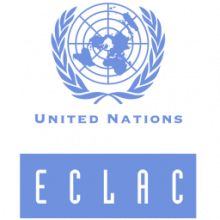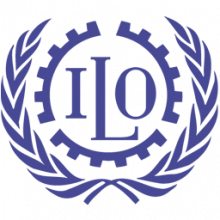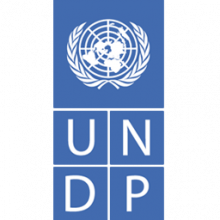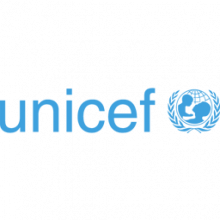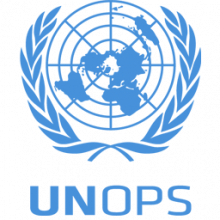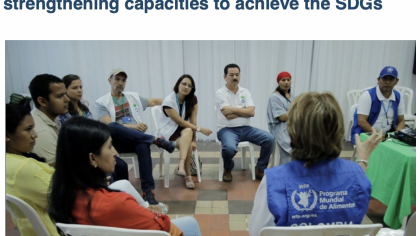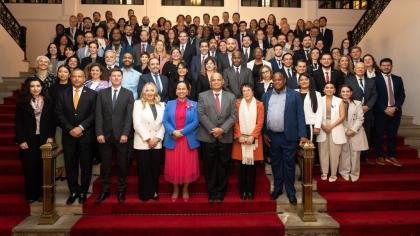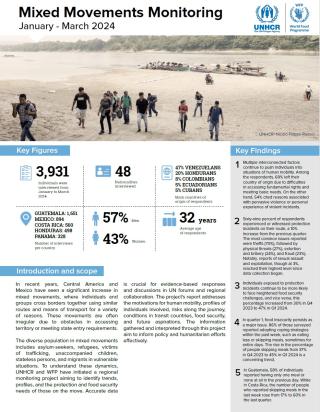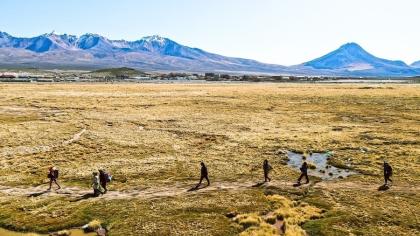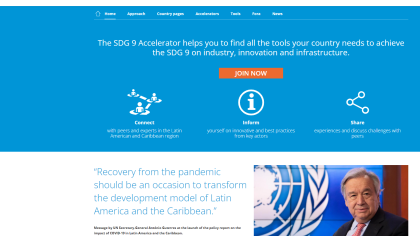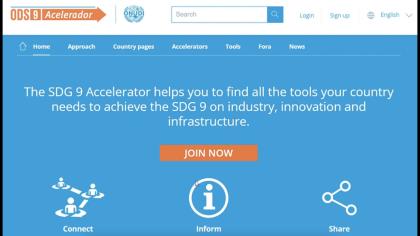
Description
Goal 17 is about revitalizing the global partnership for sustainable development. The 2030 Agenda is universal and calls for action by all countries – developed and developing – to ensure no one is left behind. It requires partnerships between governments, the private sector, and civil society.
The Sustainable Development Goals can only be realized with a strong commitment to global partnership and cooperation to ensure no one is left behind in our journey to development.
However, not all countries are setting off from the same start line, and low and middle income countries are facing a tidal wave of debt which they are treading water.
Developing countries are grappling with an unprecedented rise in external debt levels following the COVID-19 pandemic, compounded by challenges such as record inflation, escalating interest rates, competing priorities and constrained fiscal capacity, underscoring the urgent need for debt relief and financial assistance.
